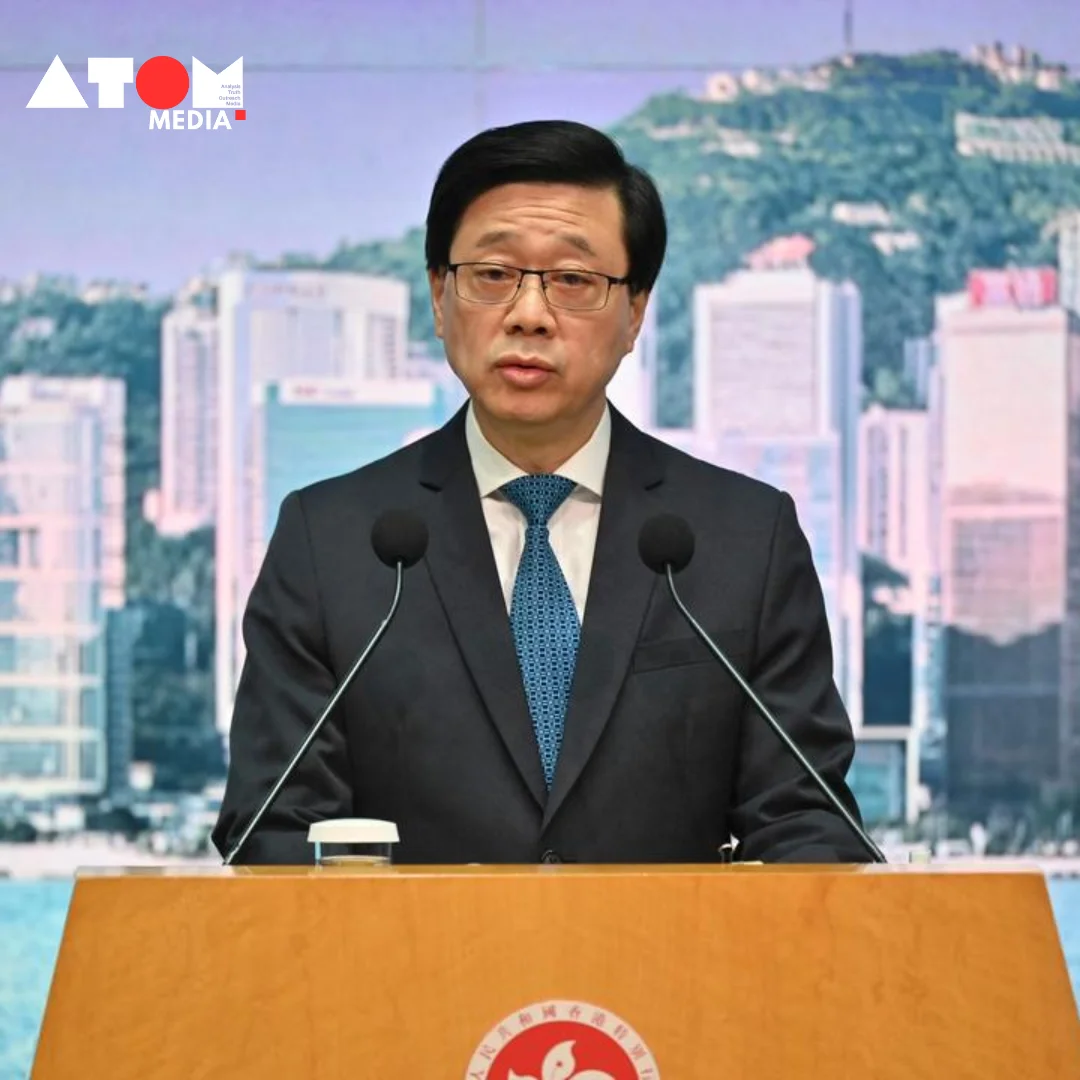In a bid to bolster its appeal to the alternative investment sector, Hong Kong is contemplating alterations to its tax regulations. Reports suggest that the government is mulling over proposals that would provide more favorable treatment to various alternative investments, including private credit and infrastructure projects. These potential changes aim to enhance Hong Kong’s competitiveness in the global financial landscape.
Proposed Tax Exemptions for Alternative Investments
The proposed amendments are expected to offer tax exemptions on interest income to special purpose vehicles engaged in alternative investments such as private credit, hybrid securities, real estate, and infrastructure. These potential tax breaks are anticipated to be outlined in a forthcoming consultation paper, with insiders suggesting its release as early as this month.
Competition in the Financial Sector
Historically known as a preferred destination for private equity and hedge fund professionals, Hong Kong is now facing stiff competition from emerging financial hubs like Dubai and Singapore. Despite implementing reforms in fund regulations in recent years, including exemptions for carried interest tax, Hong Kong seeks to fortify its position by expanding its jurisdiction and legal framework to attract more asset management businesses.
Economic Challenges and Geopolitical Tensions
The urgency to attract alternative funds has intensified amidst economic challenges and a sluggish stock market in Hong Kong. Additionally, escalating geopolitical tensions between Beijing and Washington underscore the importance of bolstering Hong Kong’s financial sector to maintain its relevance in the global arena.
Growth Projections for Alternative Investments
The race to attract alternative funds comes amid projections of substantial growth in the sector. Estimates by Preqin suggest that assets under management in alternative investments could surge by 70% from 2021 to reach $23.3 trillion by 2027, highlighting the immense potential for Hong Kong to capitalize on this burgeoning market.
Government Initiatives to Enhance Tax Regimes
In line with efforts to stimulate the financial services sector, Hong Kong’s government has announced plans to enhance preferential tax regimes for funds, single family offices, and carried interest in the latest budget. These enhancements include a review of tax concessions’ scope, expanding qualifying transactions, and improving flexibility in handling incidental transactions.
Engagement with Industry Stakeholders
Government officials, in collaboration with regulators, are actively engaging with industry stakeholders to gather feedback on proposed budget plan initiatives. The Financial Services and the Treasury Bureau spokesperson emphasized the importance of consulting with the industry before finalizing specific enhancement proposals.
Importance of Financial Services Sector
The financial services sector plays a pivotal role in Hong Kong’s economy, contributing approximately 23% to its gross domestic product in 2022. A report by the Financial Services Development Council underscores the significance of the asset management sector, which directly employs 54,000 individuals, highlighting its crucial role in driving economic growth.
Challenges and Recommendations
Despite its prominence, Hong Kong cannot afford to rest on its laurels as an asset management hub. A joint research report by KPMG and the Alternative Investment Management Association stresses the need for Hong Kong to take further steps to enhance its attractiveness, particularly in areas such as tax policies and regulatory environment.
Lessons from Singapore
Singapore’s success in growing its alternative investment sector serves as a valuable example for Hong Kong. With a broader scope for fund exemptions and targeted incentives, Singapore has successfully attracted a significant number of funds and bolstered its entire ecosystem, demonstrating the effectiveness of strategic initiatives in attracting investments.
Addressing Implementation Challenges
While Hong Kong has introduced rules for carried-interest exemptions, challenges remain in their implementation. Stricter requirements, such as the necessity for fund certification by the city’s monetary authority, have limited fund managers’ ability to utilize these concessions effectively, highlighting the need for streamlining regulatory processes.
Clarity in Tax Exemption Regime
Hong Kong’s tax exemption regime for funds is self-assessed, leading to confusion among fund managers regarding its applicability to specific investments. This ambiguity, absent in other jurisdictions, often results in managers opting to operate under an “offshore” model rather than explicitly relying on the exemption, thereby complicating regulatory compliance.
In conclusion, Hong Kong’s consideration of tax rule changes to attract private credit business underscores its commitment to maintaining its status as a premier financial hub. With stiff competition from rival financial centers and evolving global dynamics, Hong Kong recognizes the imperative of fostering a conducive regulatory environment to stimulate investment and propel economic growth. By addressing implementation challenges, enhancing tax regimes, and engaging with industry stakeholders, Hong Kong aims to reinforce its position as a leading destination for alternative investments in the years to come.
Read more: Marketing News, Advertising News, PR and Finance News, Digital News





